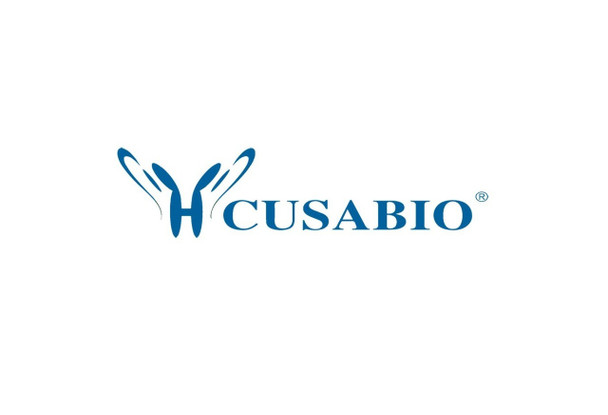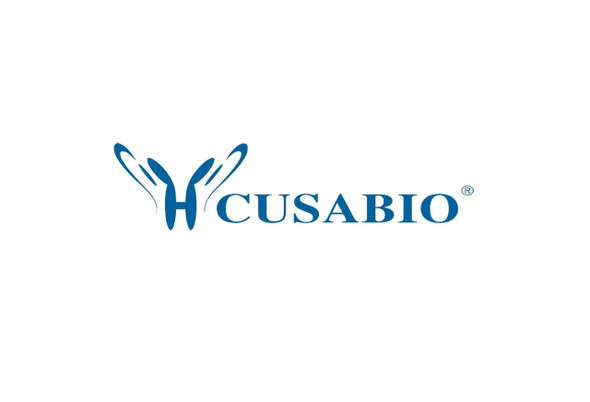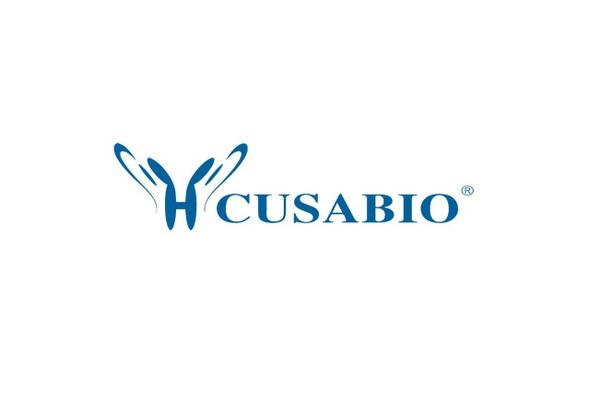Cusabio Polyclonal Antibodies
ANKRD1 Antibody | CSB-PA618002ESR2HU
- SKU:
- CSB-PA618002ESR2HU
- Availability:
- 3 to 7 Working Days
Description
ANKRD1 Antibody | CSB-PA618002ESR2HU | Cusabio
ANKRD1 Antibody is Available at Gentaur Genprice with the fastest delivery.
Online Order Payment is possible or send quotation to info@gentaur.com.
Product Type: Polyclonal Antibody
Target Names: ANKRD1
Aliases: Ankyrin repeat domain-containing protein 1 (Cardiac ankyrin repeat protein) (Cytokine-inducible gene C-193 protein) (Cytokine-inducible nuclear protein), ANKRD1, C193 CARP HA1A2
Background: May play an important role in endothelial cell activation. May act as a nuclear transcription factor that negatively regulates the expression of cardiac genes. Induction seems to be correlated with apoptotic cell death in hepatoma cells.
Isotype: IgG
Conjugate: Non-conjugated
Clonality: Polyclonal
Uniport ID: Q15327
Host Species: Rabbit
Species Reactivity: Human
Immunogen: Recombinant Human Ankyrin repeat domain-containing protein 1 protein (1-130AA)
Immunogen Species: Human
Applications: ELISA, WB, IHC
Tested Applications: ELISA, WB, IHC; Recommended dilution: WB:1:1000-1:5000, IHC:1:20-1:200
Purification Method: Antigen Affinity Purified
Dilution Ratio1: ELISA:1:2000-1:10000
Dilution Ratio2: WB:1:1000-1:5000
Dilution Ratio3: IHC:1:20-1:200
Dilution Ratio4:
Dilution Ratio5:
Dilution Ratio6:
Buffer: PBS with 0.02% sodium azide, 50% glycerol, pH7.3.
Form: Liquid
Storage: Upon receipt, store at -20°C or -80°C. Avoid repeated freeze.
Initial Research Areas: Epigenetics and Nuclear Signaling
Research Areas: Epigenetics & Nuclear Signaling;Cardiovascular











